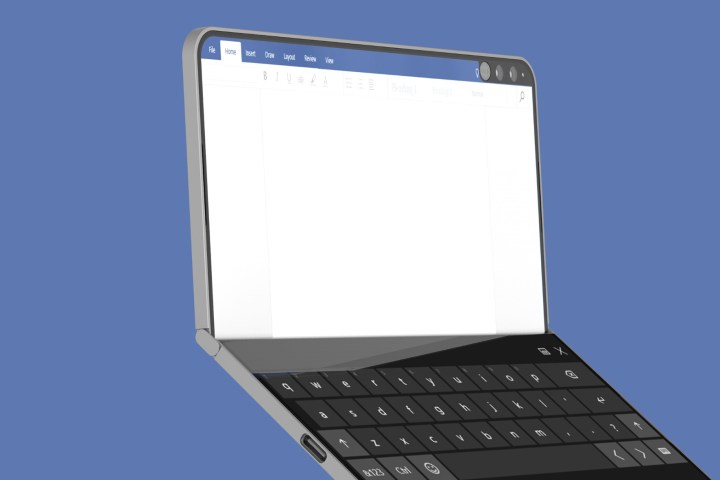
Microsoft’s unified Windows experience may not be ready in time for this year’s Build developer conference. While it was previously expected that Microsoft would show off Windows Lite (also known as Windows Core OS or WCOS) next month at Build, the company may not be ready in time. It was also revealed that Microsoft may have canceled plans for its dual-screen Andromeda device.
“Microsoft won’t be talking about Windows Lite or Core OS at Build keynotes,” The Verge’s Tom Warren revealed in a tweet on Twitter, according to a report by OnMSFT. “An event later this year would make sense for that, if it’s ready in time.”
Though Microsoft has not revealed any public details surrounding Windows Core OS, prior leaks suggested that the operating system would deliver a unified Windows code that works on various devices ranging from Microsoft’s oft-rumored and highly anticipated Surface Phone to larger devices like the Surface Hub. As the main “core” software between all the devices that support and run Windows, Windows Core OS can be used by Microsoft to quickly export the Windows experience to new form factors and devices, like 2-in-1 and dual-screen laptops, and deliver faster updates to these devices.
Microsoft was reportedly working on one build of Windows Lite, known internally as Santorini, for consumer devices, such as foldable PCs and laptops. This would have made Santorini a good fit for Microsoft’s oft-hyped Project Andromeda, a dual-screen phone that had been rumored to launch as the Surface Phone. Though Microsoft was extremely optimistic about the the transformative experience of Andromeda, the company eventually shelved plans to launch Andromeda, citing the lack of novel consumer uses.
Though the fate of Andromeda remains unclear — Surface hardware head Panos Panay appeared to be committed to the hardware in a prior interview — Warren replied to a Twitter user that “Andromeda is dead,” suggesting that Microsoft may be changing its strategy about its dual-screen device. Though Samsung’s Galaxy Fold, a dual-screen Android smartphone, and Huawei’s foldable phones have attracted quite a bit of attention and hype in recent months, Samsung is struggling to prove that its new smartphone is durable enough for everyday use. The displays on early Galaxy Fold review units have malfunctioned, prompting Samsung to delay the launch of the phone.
Editors' Recommendations
- Microsoft’s next event could reveal the Surface Pro we’ve been waiting for
- Microsoft may fix the most frustrating thing about Windows updates
- 7 beloved Windows apps that Microsoft has killed over the years
- Microsoft Copilot: tips and tricks for using AI in Windows
- Microsoft plans to charge for Windows 10 updates in the future


